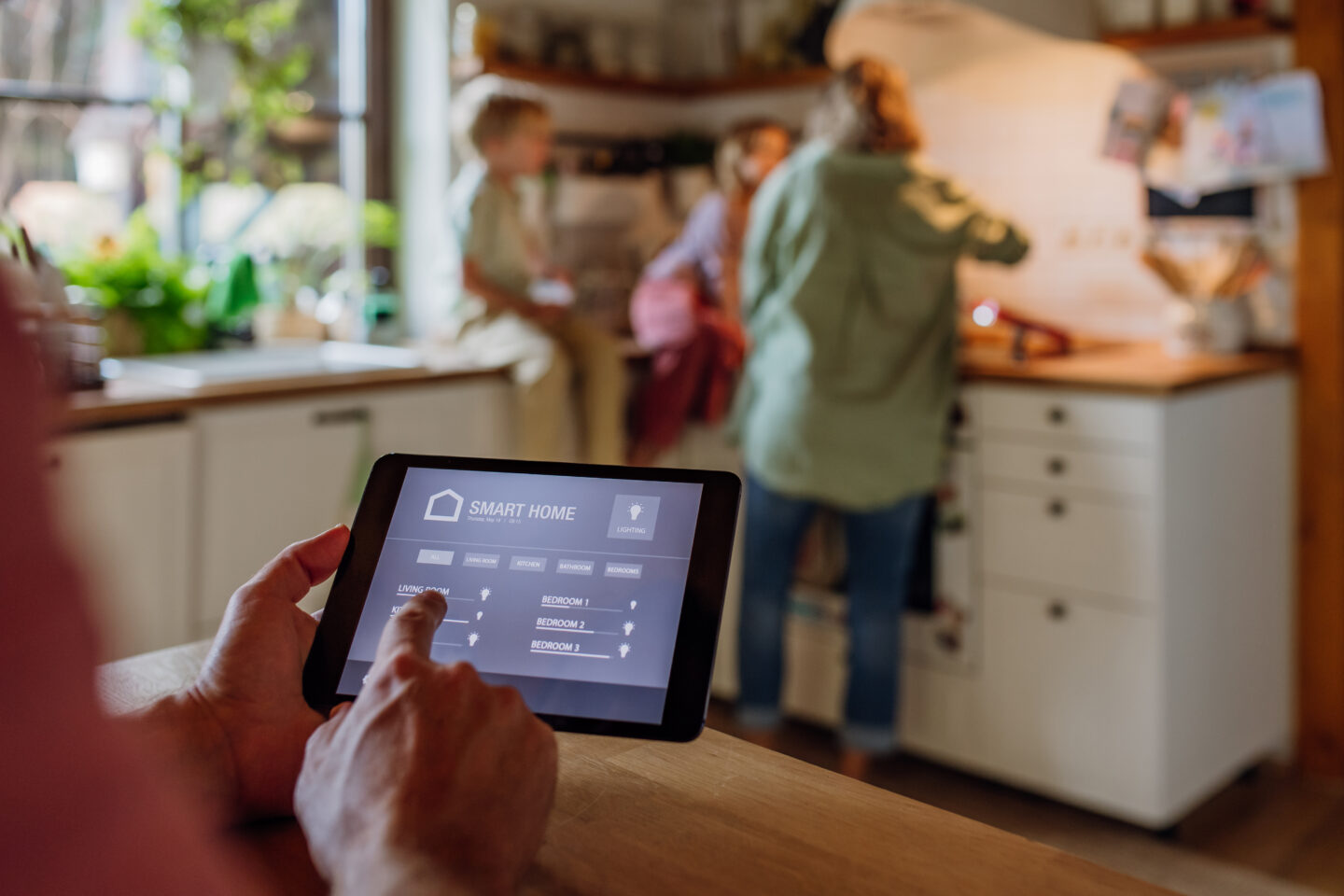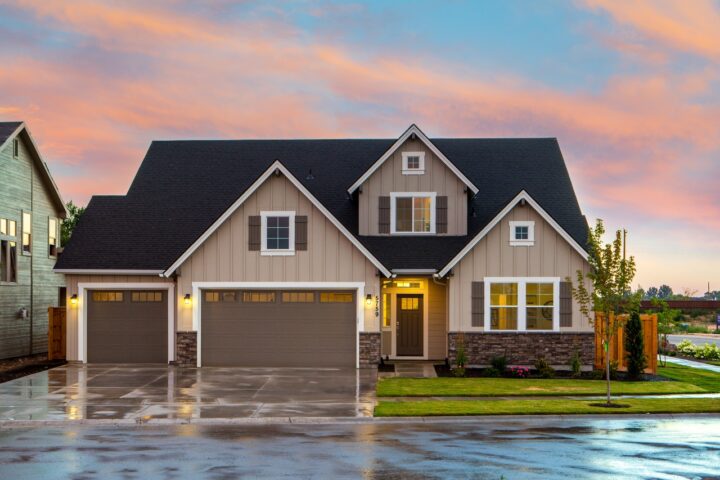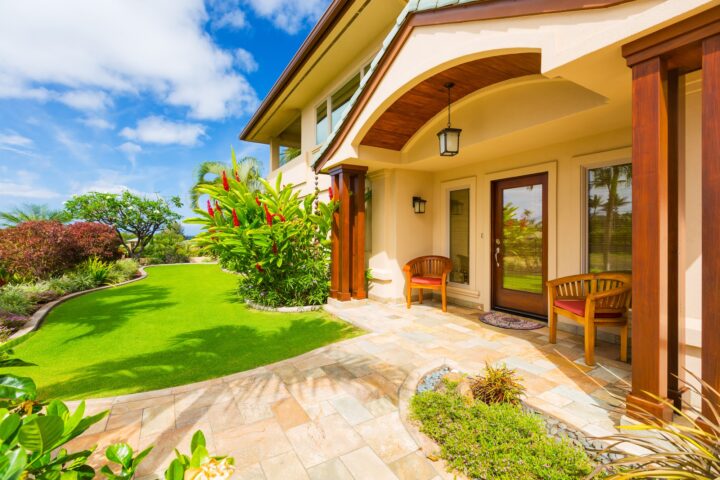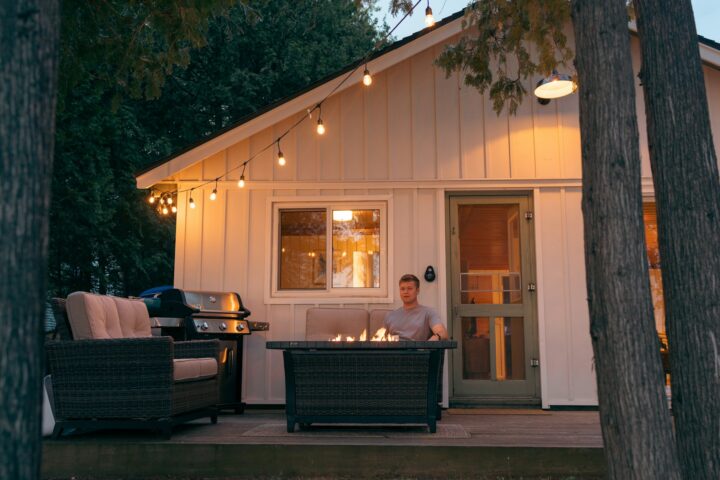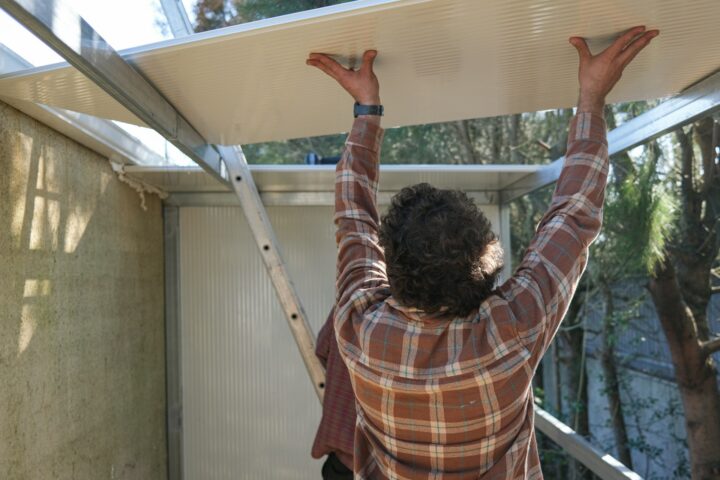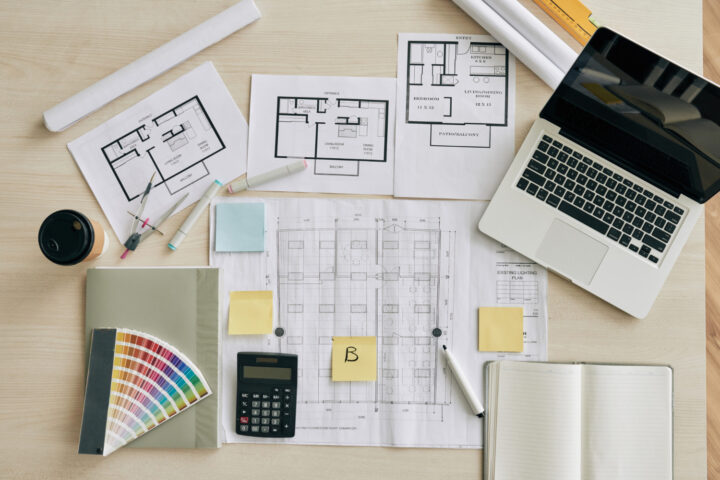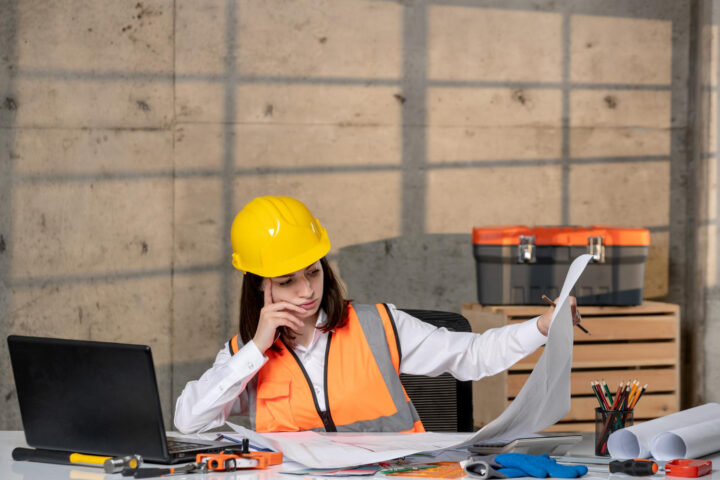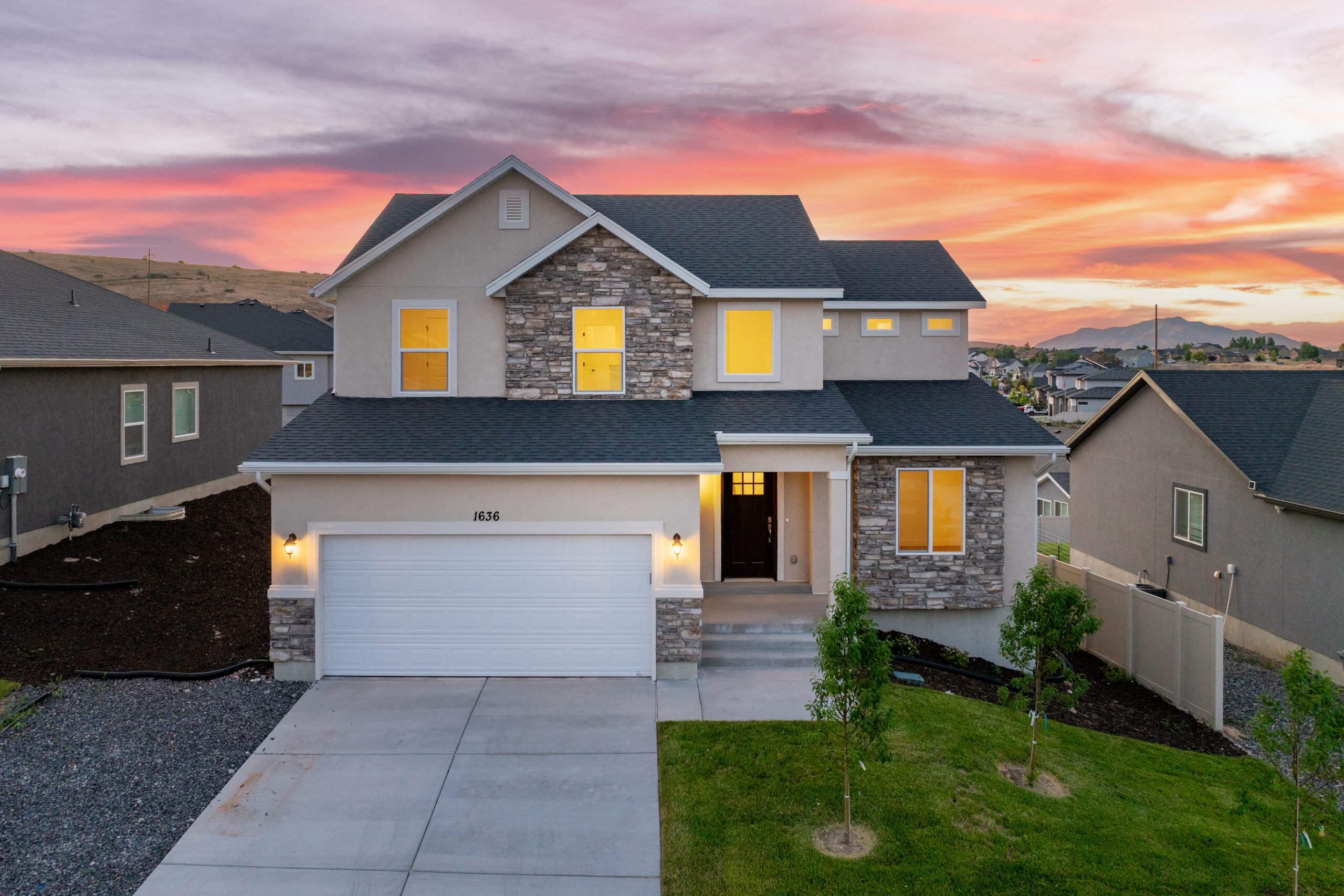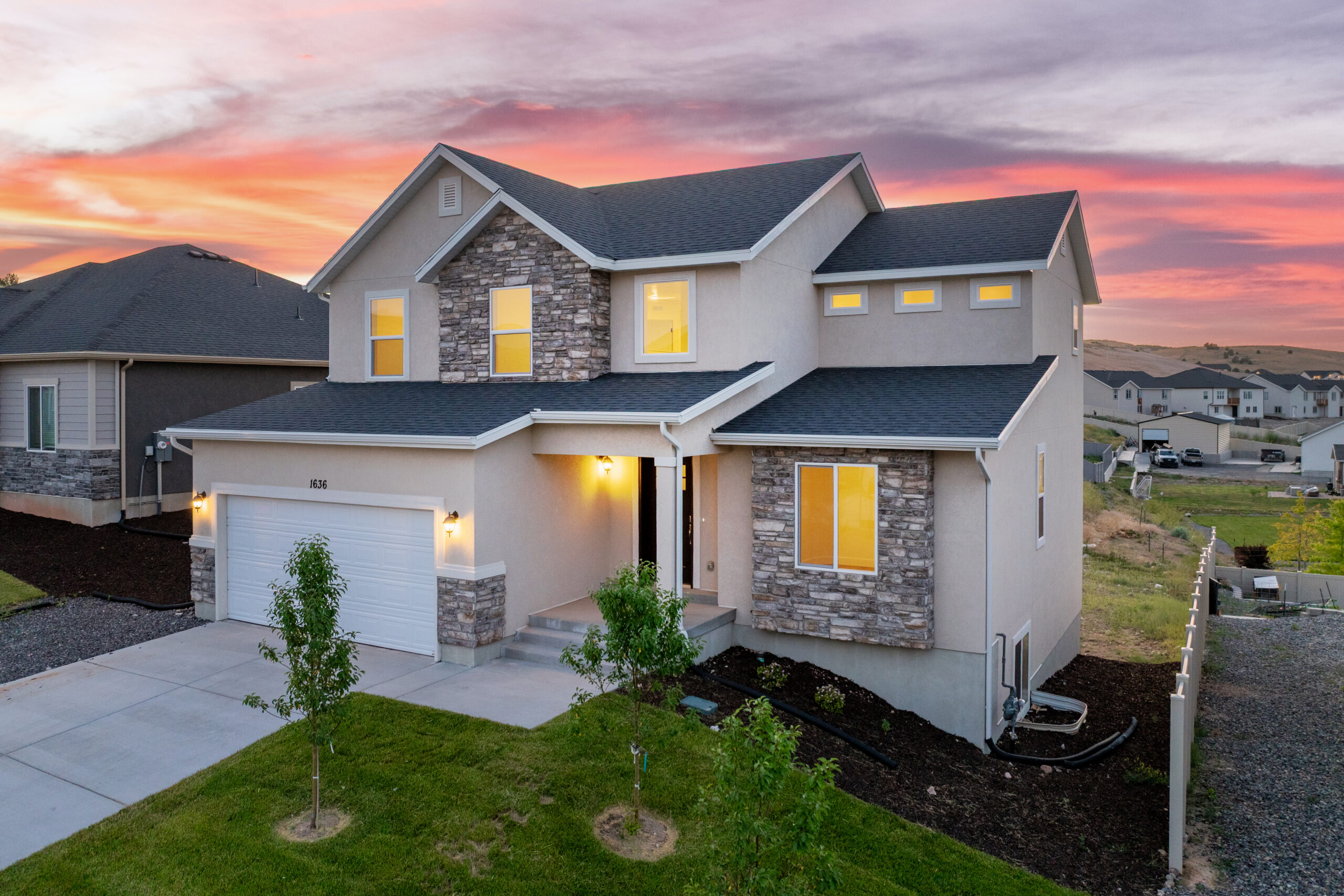Now more than ever, homeowners are seeking ways to reduce their environmental impact and build homes that are both sustainable and energy-efficient. Eco-friendly home construction provides numerous benefits, such as reduced energy costs, increased comfort, and a healthier living environment. In this comprehensive guide, we will introduce you to the world of green home building in Utah County, outlining best practices and sustainable materials to help you create an eco-conscious living space.
From energy-efficient technologies and renewable energy sources to sustainable building materials and water conservation, you will gain valuable insights on how to incorporate eco-friendly practices into your custom home construction process. By embracing these principles, you can create a home that not only helps protect our planet but also contributes to the long-term well-being and financial efficiency of your household.
1: Energy-Efficient Technologies for a Greener Home
Incorporating energy-efficient technologies is a crucial aspect of eco-friendly home construction. These technologies can help reduce your energy consumption, lower your utility bills, and minimize your carbon footprint. Some notable options include:
- High-performance windows: Energy-efficient windows are designed to minimize heat loss during the winter months and reduce heat gain during the summer, ensuring a comfortable indoor environment year-round. Look for windows with a low U-factor and Solar Heat Gain Coefficient (SHGC).
- LED lighting: Compared to traditional incandescent bulbs, LED lights consume significantly less energy and have a longer lifespan. They also provide better light quality, making them an ideal eco-friendly lighting solution.
- Energy Star-rated appliances: Opt for appliances that have the Energy Star label, as they have been tested and proven to be more energy-efficient than their non-certified counterparts.
- Programmable thermostats: These devices automatically adjust your home’s temperature, reducing energy consumption, and maintaining a comfortable living environment. Smart thermostats can be controlled remotely and even learn your preferences, further optimizing your home’s energy efficiency.
2: Renewable Energy Sources for Your Home
Utilizing renewable energy sources can significantly reduce your home’s environmental impact and lower your energy costs. Consider implementing the following:
- Solar panels: By converting sunlight into electricity, solar panels provide a clean and renewable energy source for your home. In Utah County, where there’s an abundance of sunlight, solar panels can be a highly effective solution.
- Geothermal systems: These systems use the earth’s stable temperature to heat and cool your home, resulting in energy savings and reduced greenhouse gas emissions.
- Solar water heaters: Installing a solar water heater can reduce your home’s energy consumption, lowering your utility bills and minimizing your environmental impact. In Utah County, solar water heaters can be particularly efficient due to the region’s abundant sunlight.
3: Sustainable Building Materials for a Greener Home
Choosing sustainable building materials can help minimize the environmental impact of your home construction project and improve indoor air quality. Examples of eco-friendly materials include:
- Reclaimed or recycled materials: Reclaimed materials, such as wood or metals, can be repurposed for various elements of your home, reducing waste and conserving natural resources. Similarly, using products made from recycled materials, such as recycled steel or recycled-content drywall, supports a circular economy and helps to decrease resource depletion.
- Sustainable insulation: Opt for insulation materials derived from renewable or recycled sources, such as cellulose, sheep’s wool, or expanded cork. These materials not only provide thermal insulation but can also dampen noise and improve indoor air quality.
- Low VOC paint: Volatile Organic Compounds (VOCs) are harmful chemicals found in many paints, which can cause poor indoor air quality and health issues. Choose low VOC or zero VOC paint to minimize these risks and maintain a healthier living environment.
4: Water Conservation Strategies
Water conservation is another essential aspect of eco-friendly home construction. Implementing water-saving strategies can reduce water usage, conserve natural resources, and lower your utility bills. Consider the following:
- Efficient plumbing fixtures: Install WaterSense-labeled fixtures, such as low-flow toilets, faucets, and showerheads, to reduce your household water consumption.
- Drought-tolerant landscaping: Opt for plants native to Utah County or other drought-tolerant species that require less water for your outdoor landscaping. This method, known as xeriscaping, can save water, time, and money.
- Rainwater harvesting systems: Rainwater capture systems, such as rain barrels or cisterns, can collect and store water for future use, reducing the need for municipal water and helping to lower water bills.
- Graywater recycling: Graywater is gently used water from sinks, showers, and washing machines, which can be recycled for non-potable uses such as landscaping irrigation or flushing toilets. Installing a graywater system can help conserve water and reduce wastewater generation.
By integrating these eco-friendly practices and materials into your Utah County home construction project, you can contribute to a more sustainable future, improve your home’s energy efficiency, and enjoy the benefits of a greener, healthier living environment.
Embrace Sustainability and Create a Greener Future
In conclusion, eco-friendly home construction is an increasingly important consideration for homeowners seeking sustainable, energy-efficient, and environmentally conscious living spaces. By implementing energy-efficient technologies, utilizing renewable energy sources, selecting sustainable building materials, and adopting water conservation strategies, you can create a greener home that benefits both the environment and your wallet.
At Salisbury Homes, we are committed to helping you achieve your dream of an eco-friendly dream home in Utah. Our team of experts can provide guidance on sustainable practices and materials, ensuring the highest level of environmental responsibility and energy efficiency in your custom home. Contact us today to discuss how we can work together to create a living space that aligns with your values, contributes to a sustainable future, and truly feels like home.

